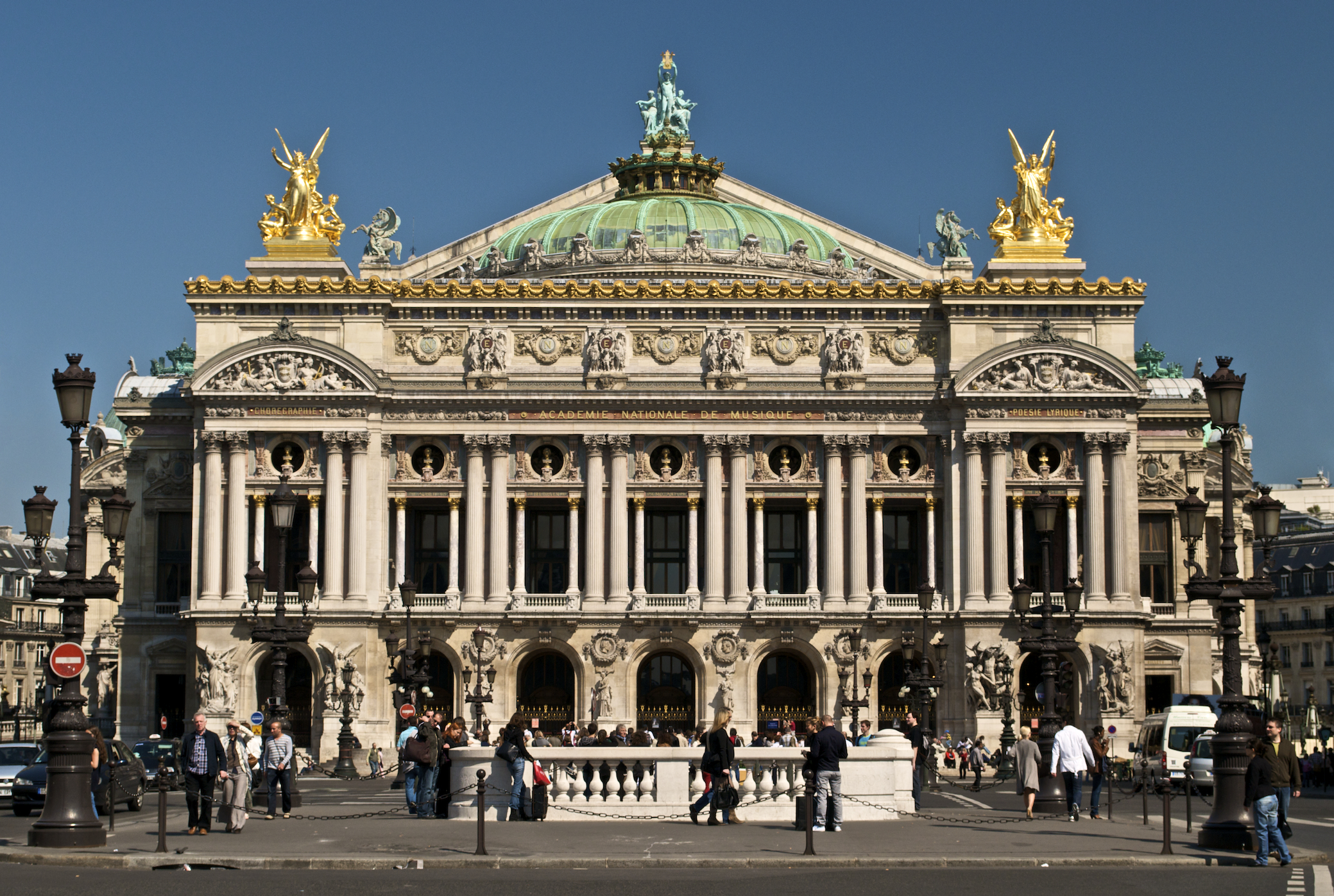A week or so before my first competition, I was having lunch with an old friend who also happens to be a ballroom dancer. As we parted ways and headed to our respective cars, she hollered, “merde!” from across the parking lot. I immediately stopped short of my next step and scanned the ground in front of me. When I realized the coast was clear, I lifted my foot behind me and craned my neck over my shoulder to see if I had already inadvertently sullied the sole of my shoe. Loosely translated from the French, merde means poop (or more accurately its less polite cousin…) so it was logical to interpret my friend’s outcry as a warning of impending unpleasantness. She must’ve realized this because she shouted again, “No, no, no… you didn’t step in anything… that’s what you say to a dancer instead of…” and she mouthed the words good luck (known forevermore as That-Which-Must-Not-Be-Uttered) as if to say them aloud would cause me to experience some dreadful catastrophe on the dance floor.
That was the day I learned you never so much as whisper That-Which-Must-Not-Be-Uttered to a dancer because to do so is to invite bad luck. Wishing unpleasant circumstances on performers so as not to jinx them is, of course, a time-honored tradition. It’s a silly superstition, I know, but who wants to tempt fate, right? One is certainly not going to tell a dancer to break a leg in lieu of That-Which-Must-Not-Be-Uttered, but merde? Seems like an odd choice.
Anyway, I blindly embraced the ritual and began saying merde to dancers in the spirit of wishing them well. Some received it as it was intended, but some stared in disbelief at my crudeness which, in turn, compelled me to explain myself. For the record, it’s easy to explain why we say merde. Everybody knows you don’t say That-Which-Must-Not-Be-Uttered, but expounding on how the tradition evolved inevitably renders tedious conversations that consume far too much of my time. I figure sharing the history of saying merde on the inter webs is probably the most efficient way of getting the word out and will, in the long run, save us all a bunch of time, not to mention weird looks from folks not familiar with the whole merde thing. You’re welcome.
The practice of dancers exchanging the word merde prior to a performance can be traced back to France, specifically to the Palais Garnier in Paris. Beginning in 1861, this architectural masterpiece served (and still does) as home to the Paris Opéra Ballet. In the 19th century, patrons rode to the theater in horse drawn carriages. Lots of horse manure (merde) on the street in front of the theater meant lots of carriages stopped to drop off spectators which meant the dancers could expect a large audience.
 Shouting merde was not only a warning for dancers to avoid stepping in it as they approached the theater on foot, but it also became a way to to wish a dancer good luck in front of a packed house. The tradition eventually spread around the world, transcended all forms of dance and eventually found its way to the ballroom a.k.a DanceSport. And by the way, the proper response to merde is oui. It is never…AND I MEAN NEVER… thank you. According to Raymond Lukens, associate instructor emeritus of the American Ballet Theatre National Training Curriculum, responding with thank you actually reverses all the good juju invoked by saying merde instead of That-Which-Must-Not-Be-Uttered in the first place. Phew.
Shouting merde was not only a warning for dancers to avoid stepping in it as they approached the theater on foot, but it also became a way to to wish a dancer good luck in front of a packed house. The tradition eventually spread around the world, transcended all forms of dance and eventually found its way to the ballroom a.k.a DanceSport. And by the way, the proper response to merde is oui. It is never…AND I MEAN NEVER… thank you. According to Raymond Lukens, associate instructor emeritus of the American Ballet Theatre National Training Curriculum, responding with thank you actually reverses all the good juju invoked by saying merde instead of That-Which-Must-Not-Be-Uttered in the first place. Phew.
So now you know, there’s no need to check your shoes or scan the ground surrounding you when someone says merde. Just say oui.
copyright © 2020 The Dancing Housewife All Rights Reserved

I knew about the merde background because our daughters were serious ballerinas, but I wasn’t aware of the oui thing, so thanks for that! Still, I’m not superstitious, and unlike Michael Scott of The Office, I’m not even a little stitious.
LOL. Not only a fellow ballroom dancer, but also a fellow Office aficionado! Thanks for reading the blog!
If the word was today shouted on the streets in Paris, it would take on the meaning of watch where you step.
Pet owners there are notorious for not picking up after their pets while taking them on their daily sidewalk stroll.
Merci!
I had no idea Parisians were such irresponsible pet owners. Failing to scoop after a furry friend’s poop is one of my “pet” peeves. Read on…
http://justanotherordinaryday.com/life-with-lulu-poop-and-run/